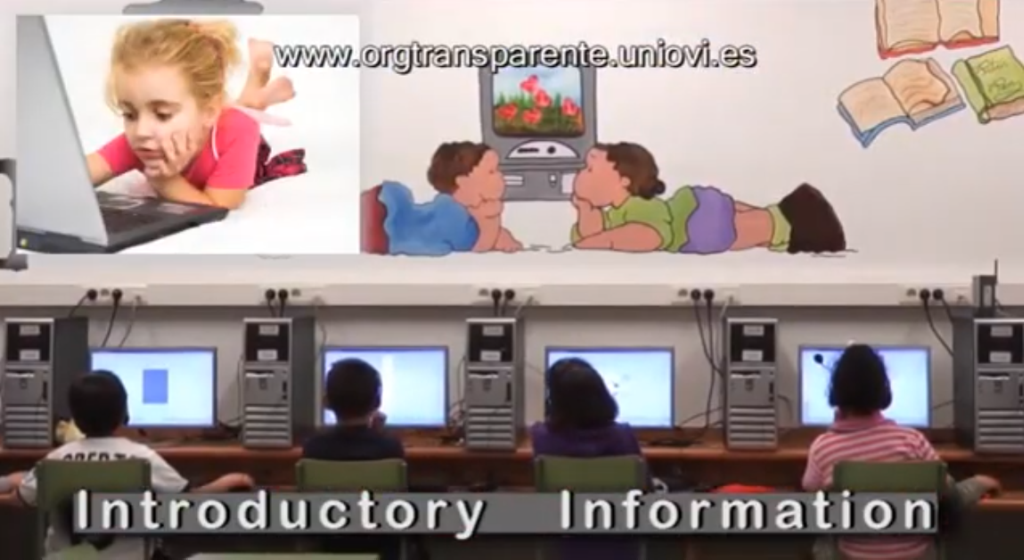
Transparent Organizations
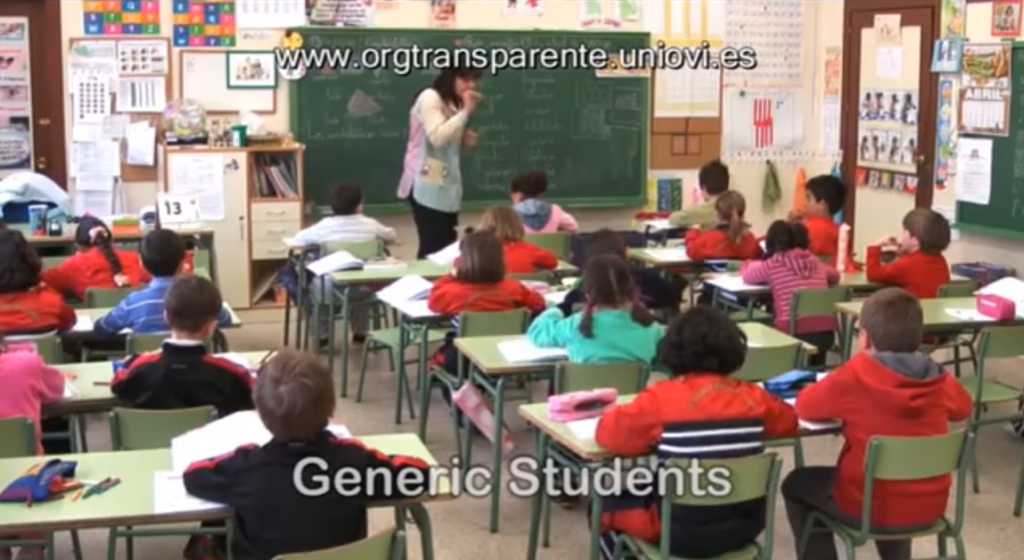
Generic student
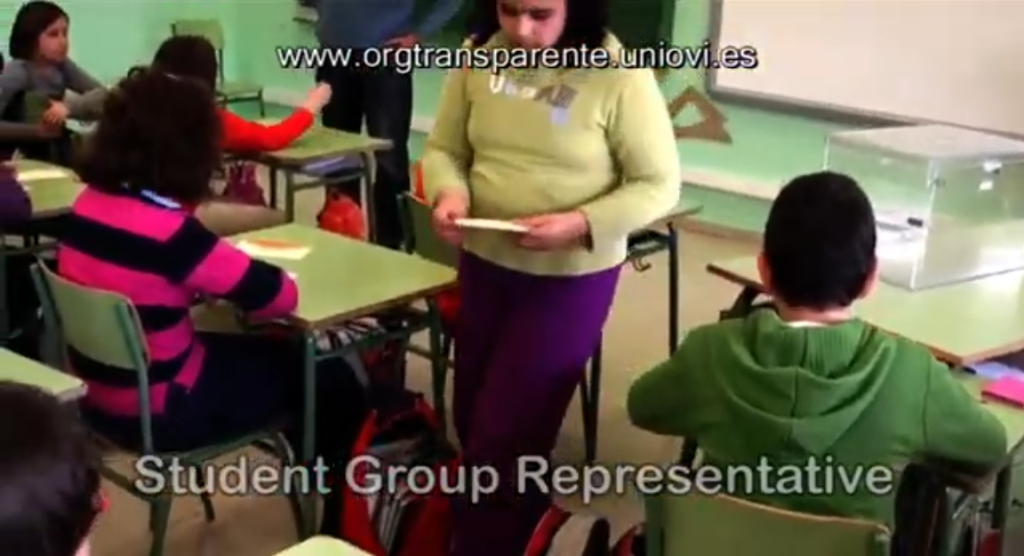
Student group representative

Specialist subject teacher
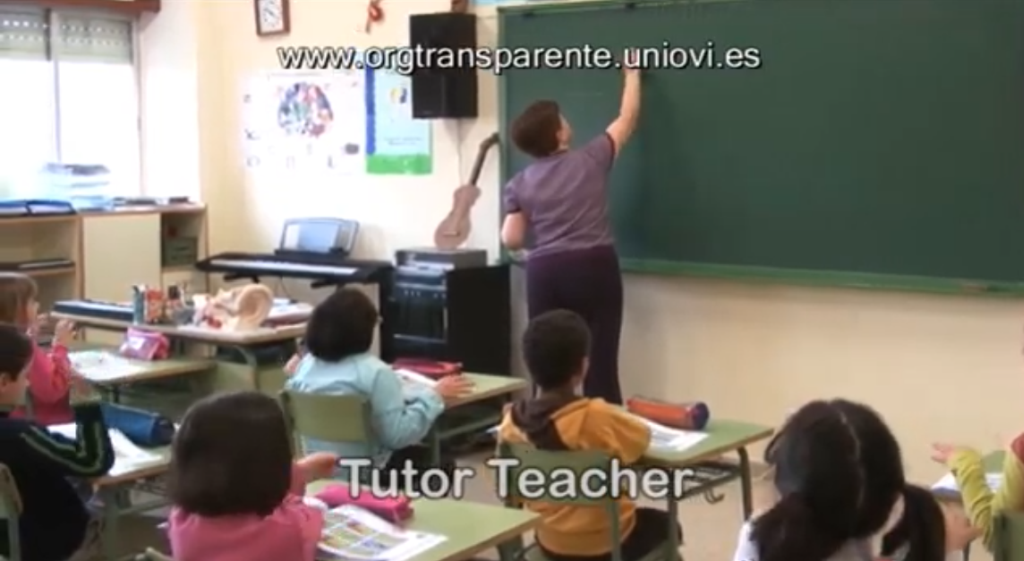
Teacher tutor
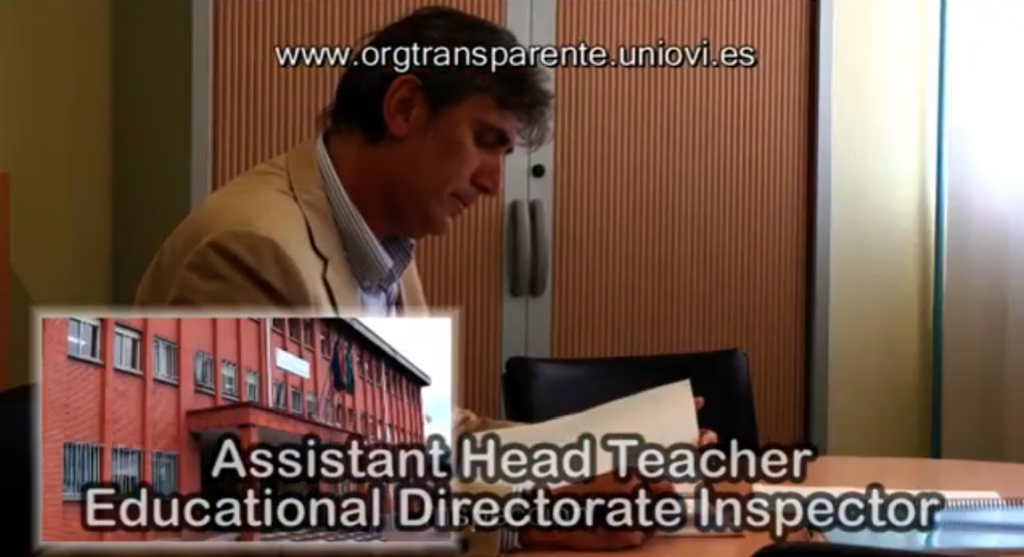
Educational inspection
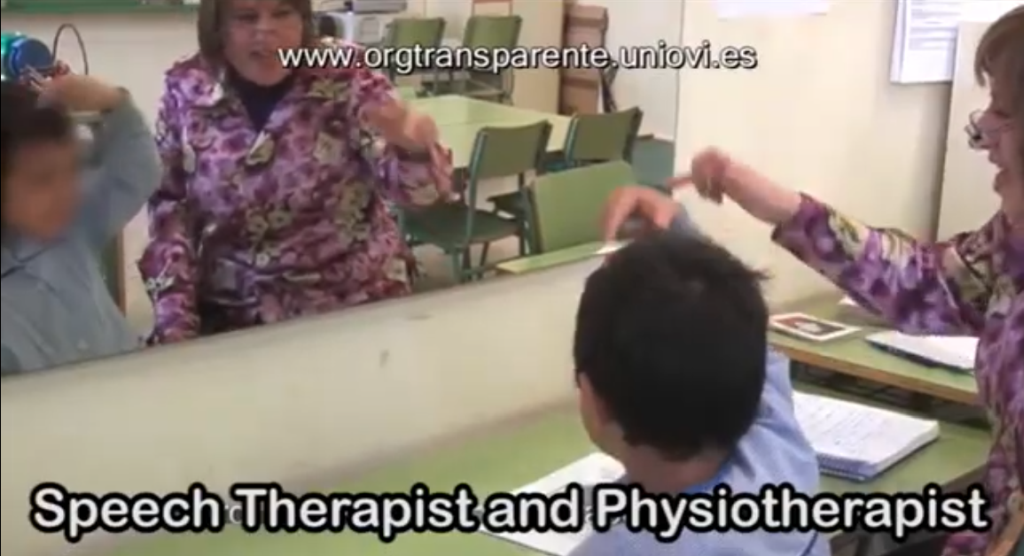
Specialist teacher in therapeutic pedagogy

Hearing specialist teacher
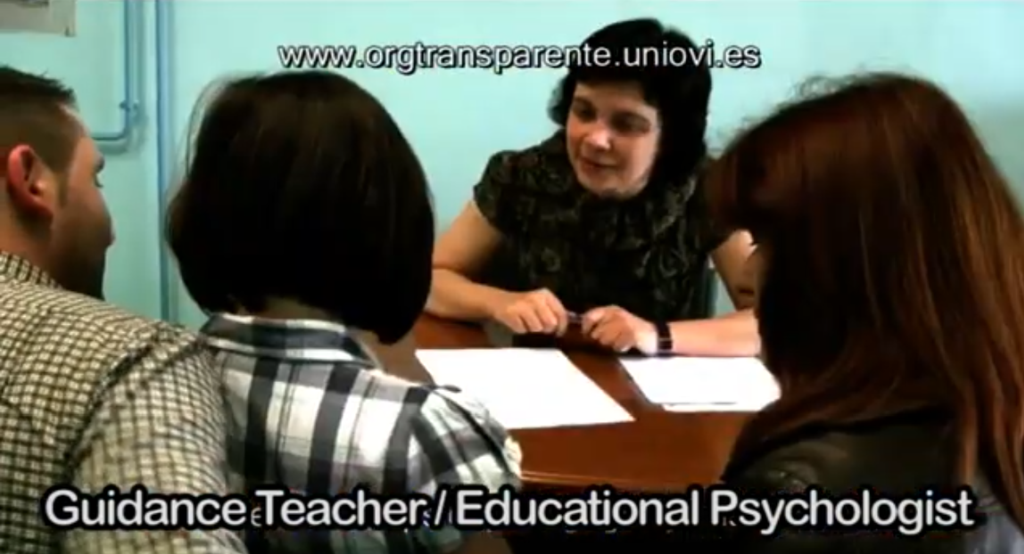
Guidance teacher
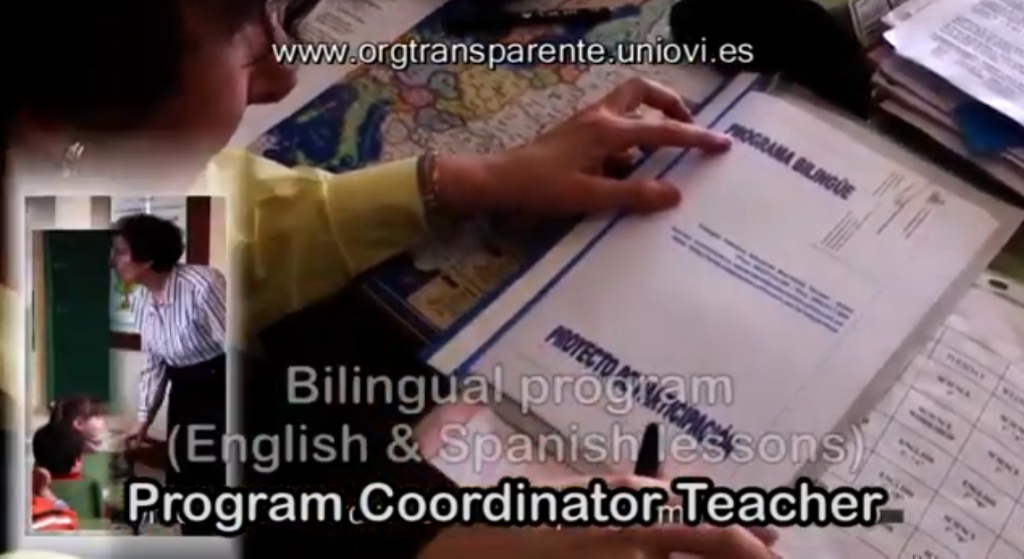
Coordinator programme
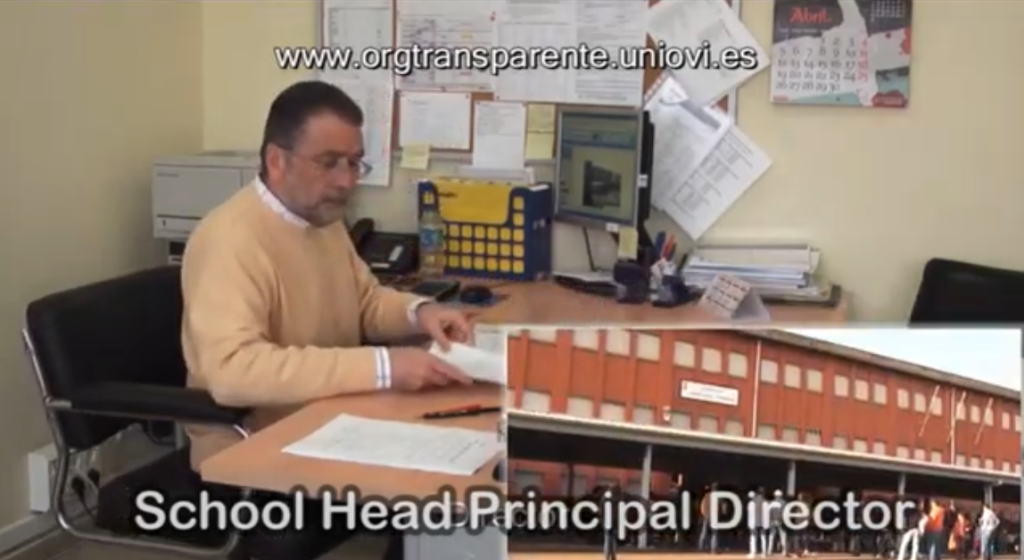
Head Dean
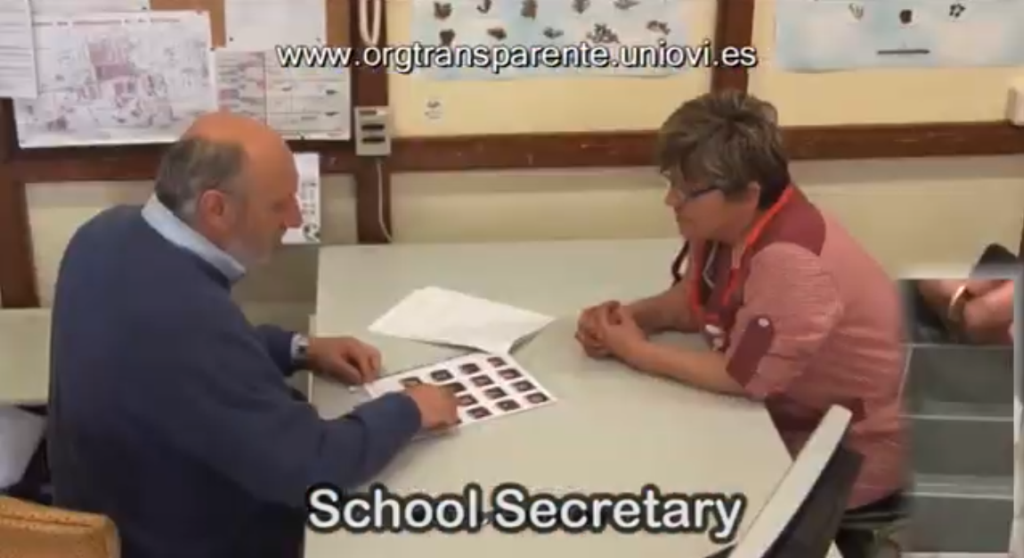
Secretary
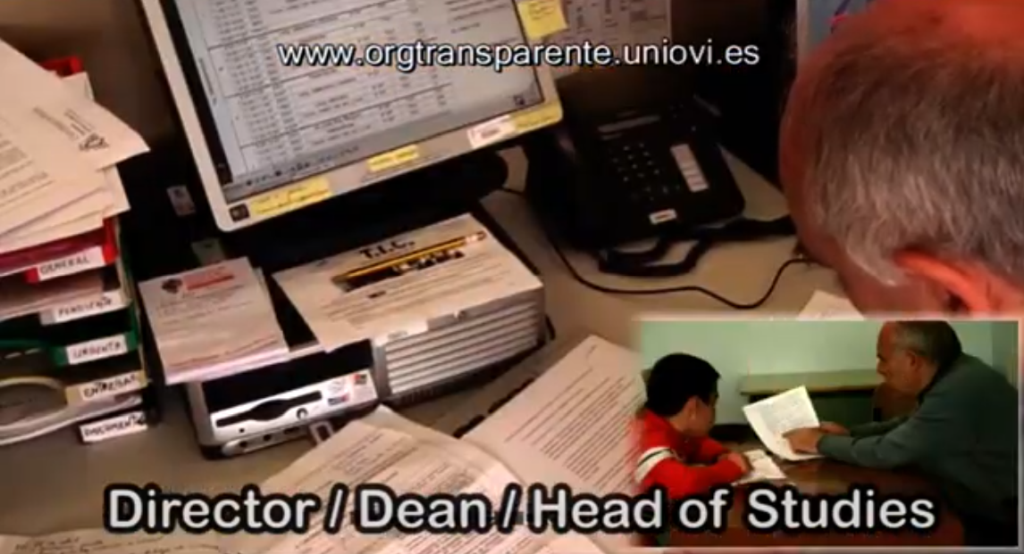
Head of studies
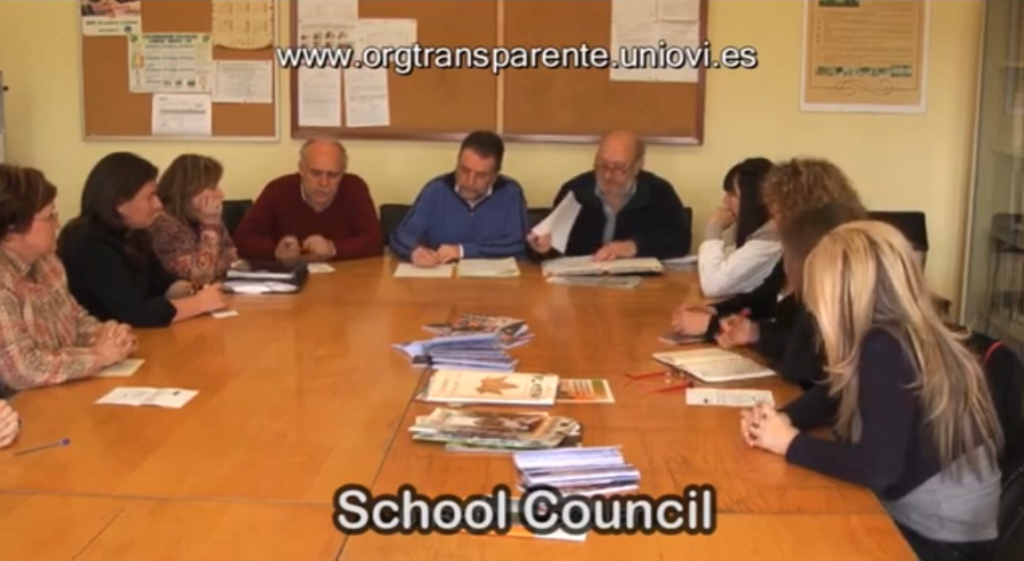
School Council
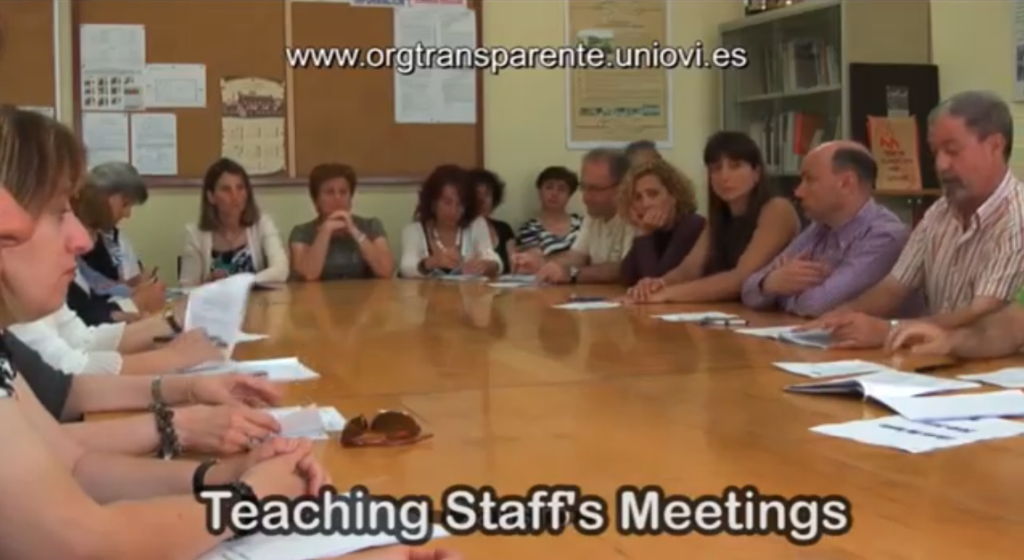
Teaching Staff
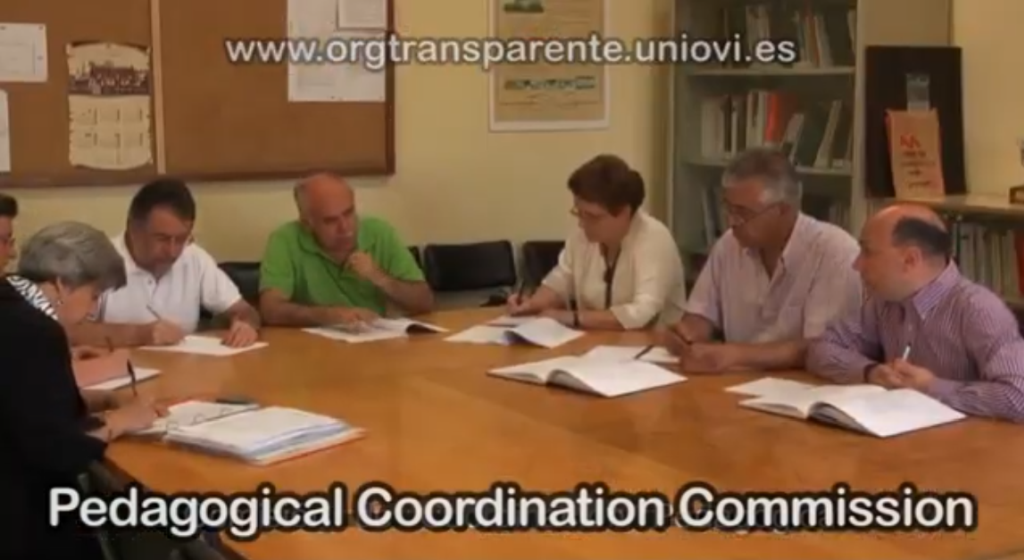
Pedagogical Coordination Commission
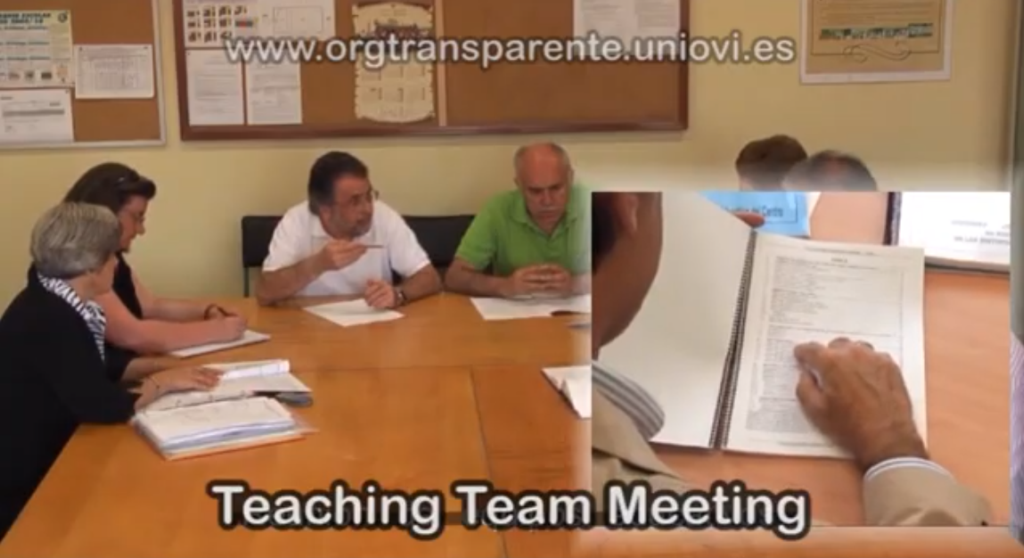
Teaching Meeting
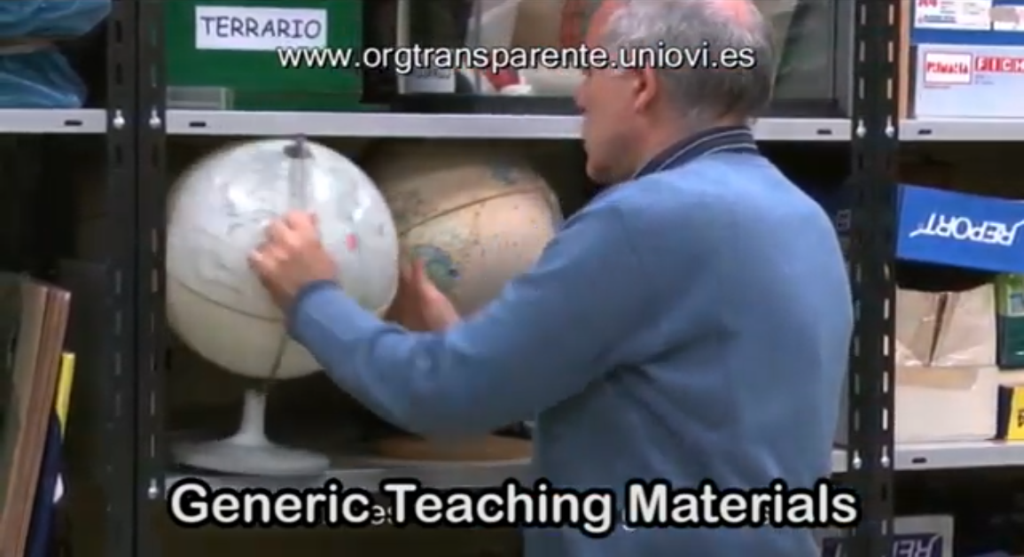
Generic materials
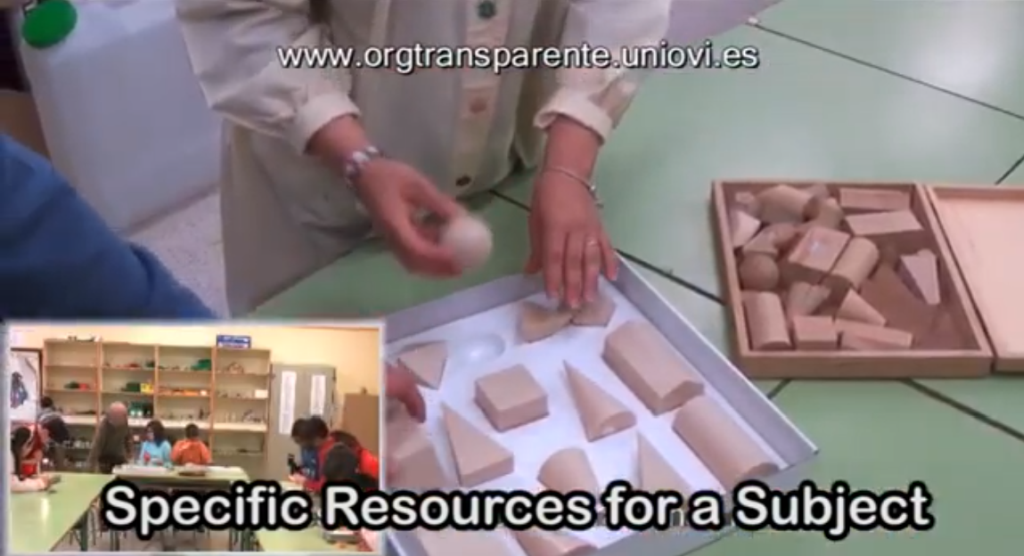
Specific materials
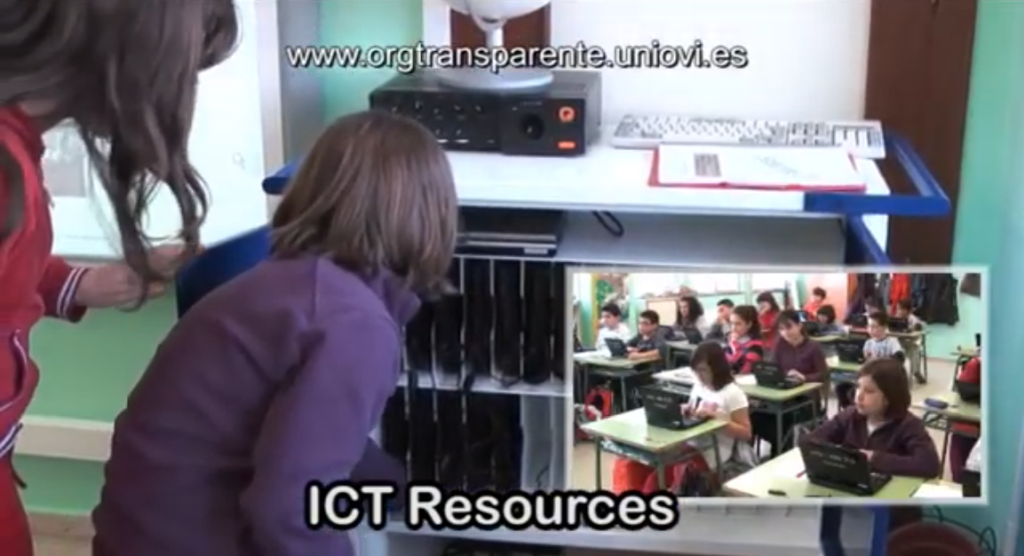
ICT resources
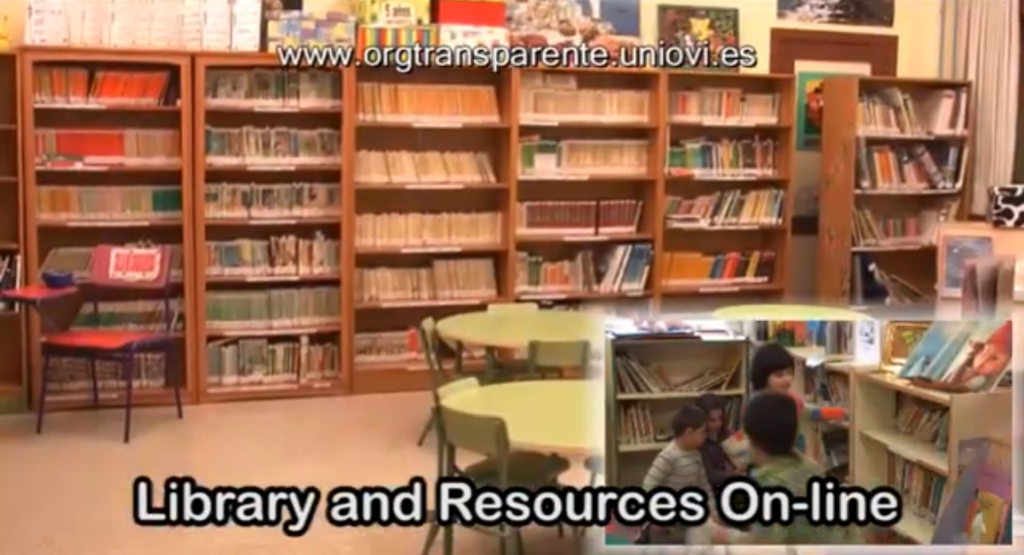
Library
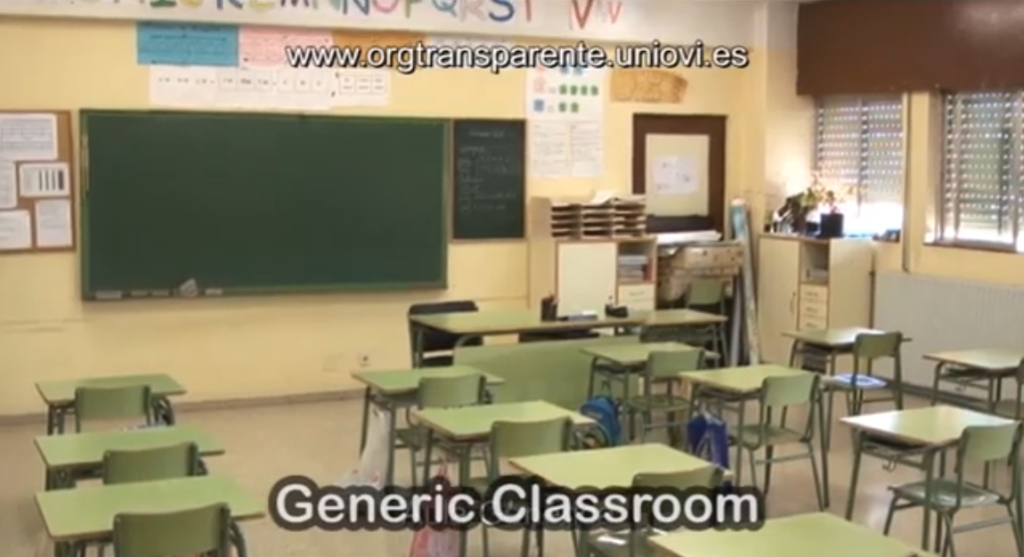
Generic classroom
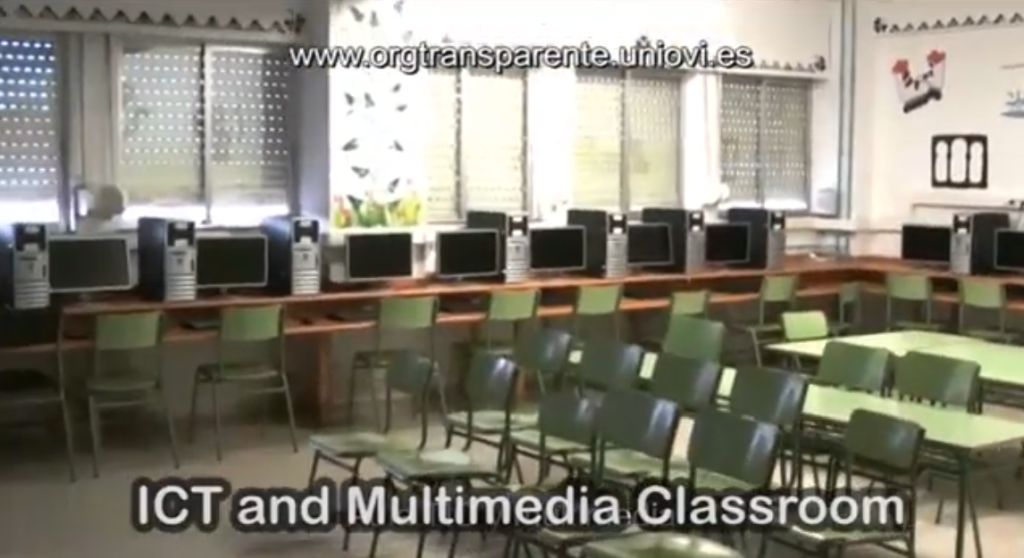
Multimedia clasroom
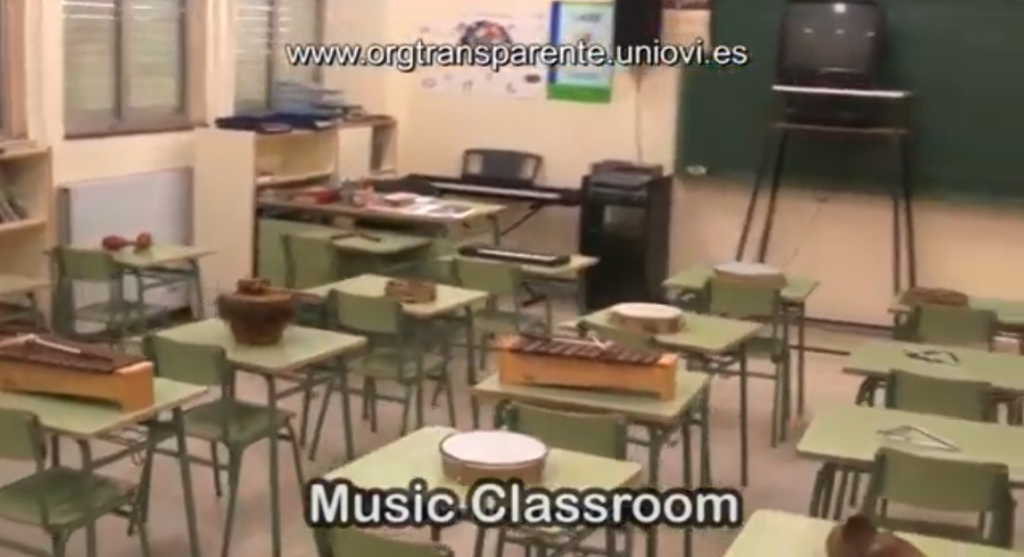
Music clasroom
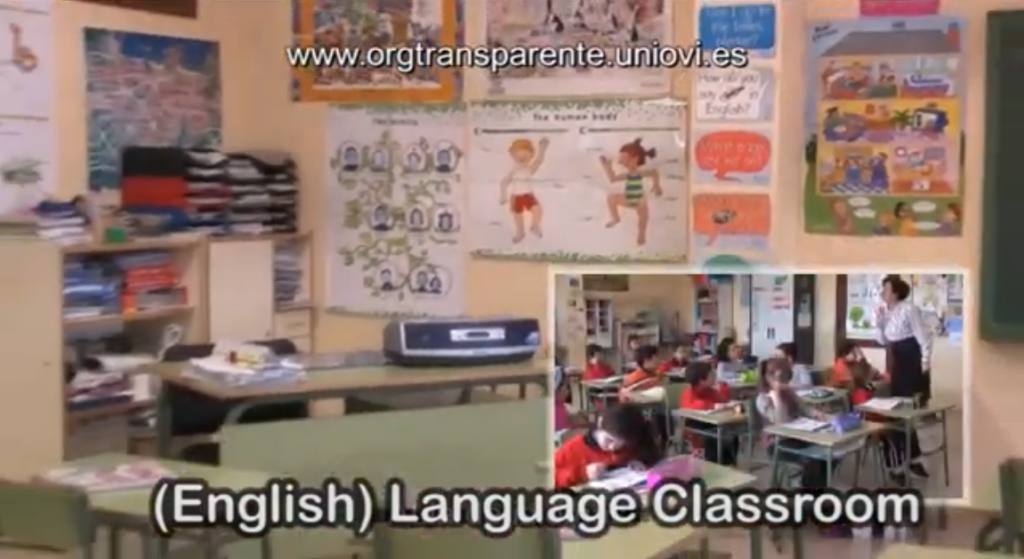
Languaje clasroom
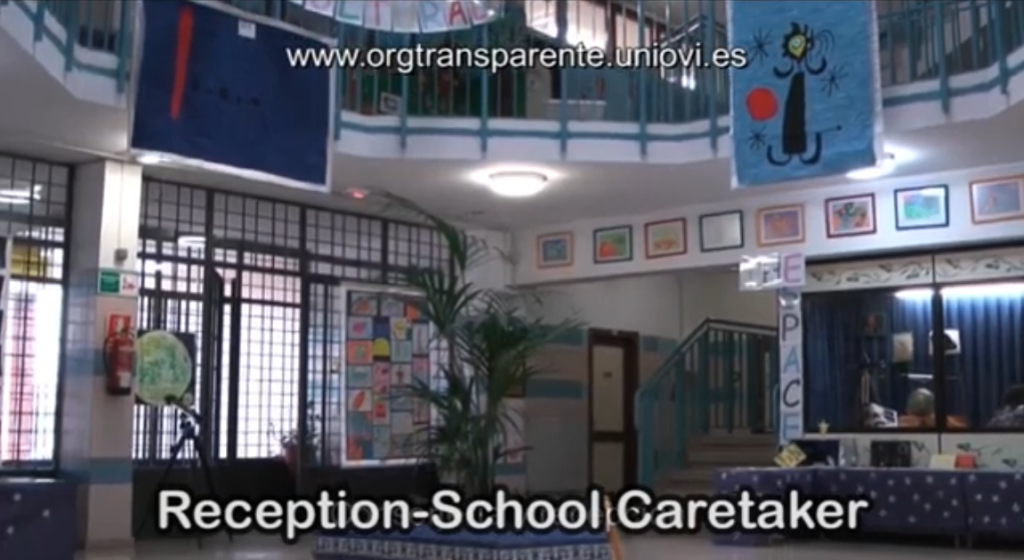
Concierge and reception
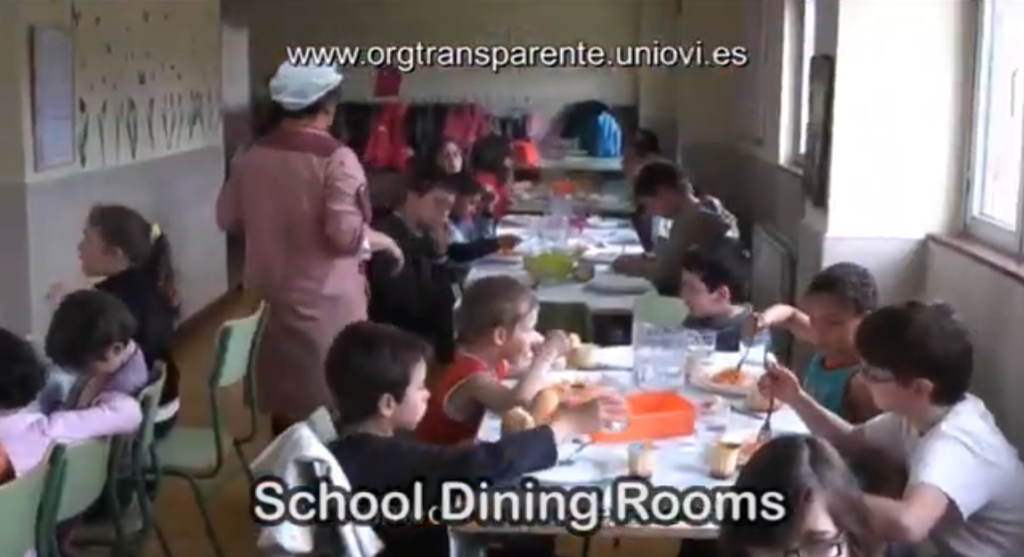
Dinning room
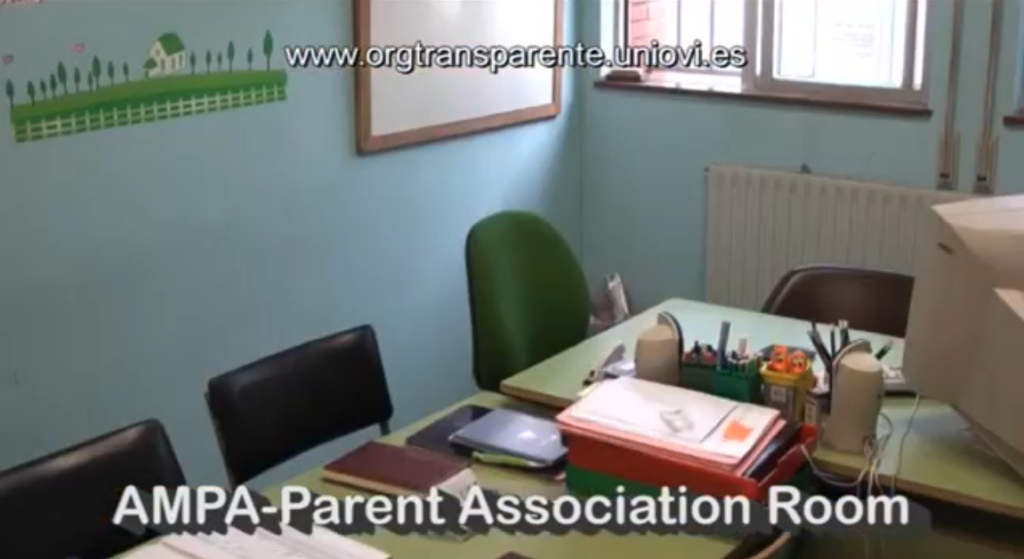
AMPA room
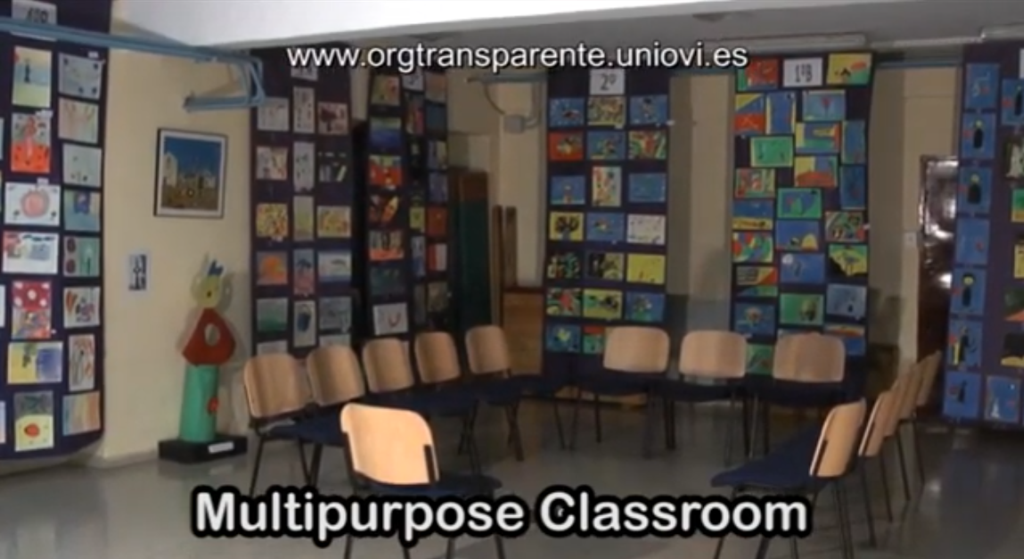
Multiporpose room
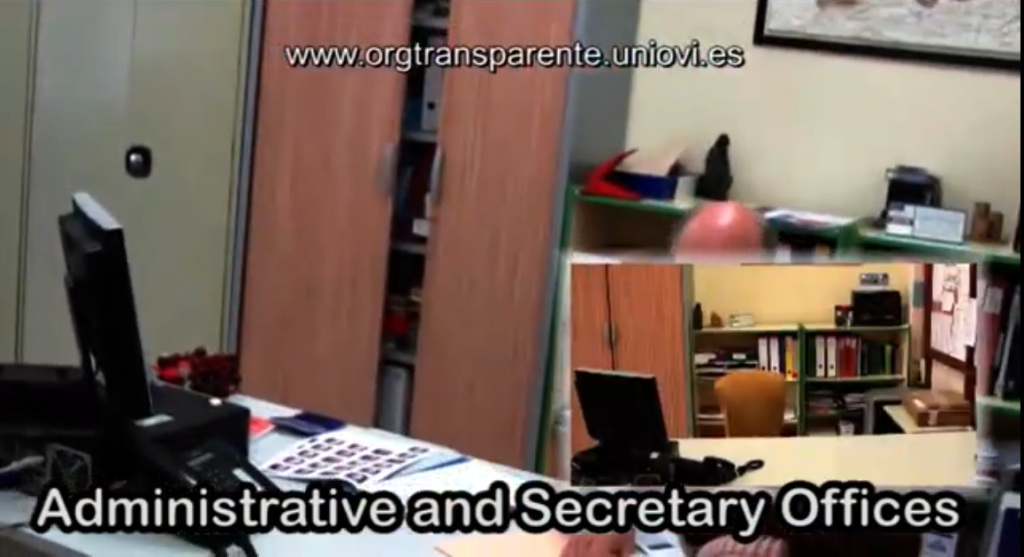
Administration and Secretariat Offices
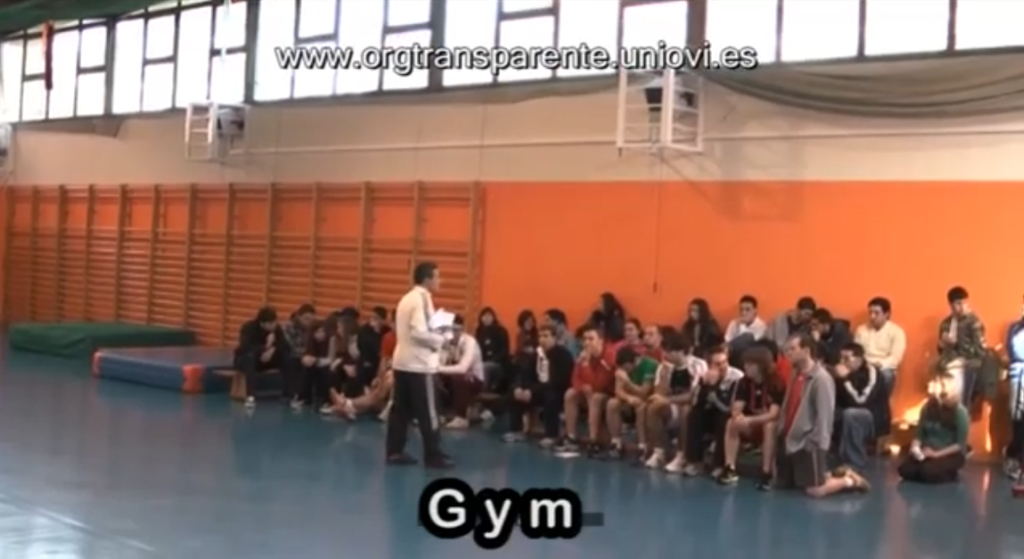
Gym
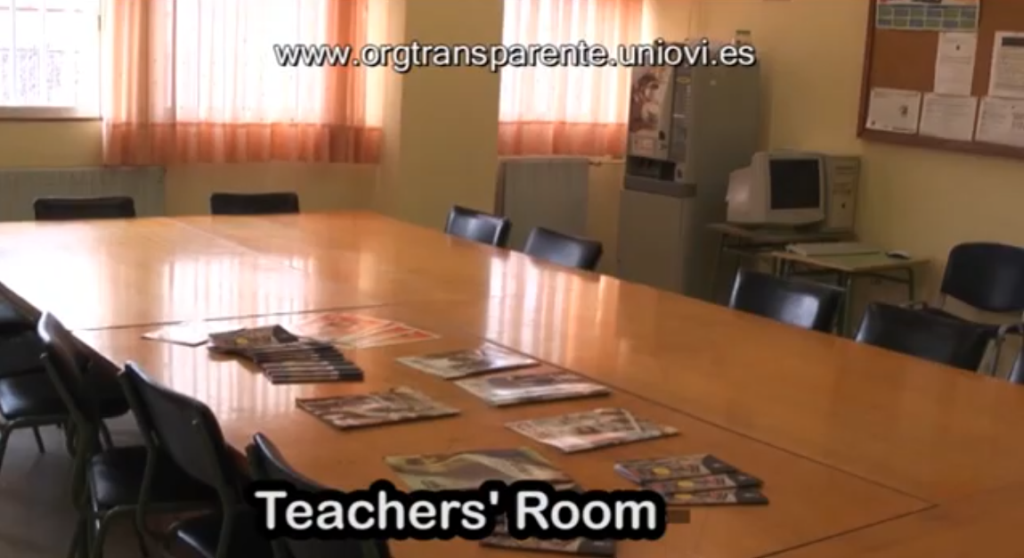
Teachers room
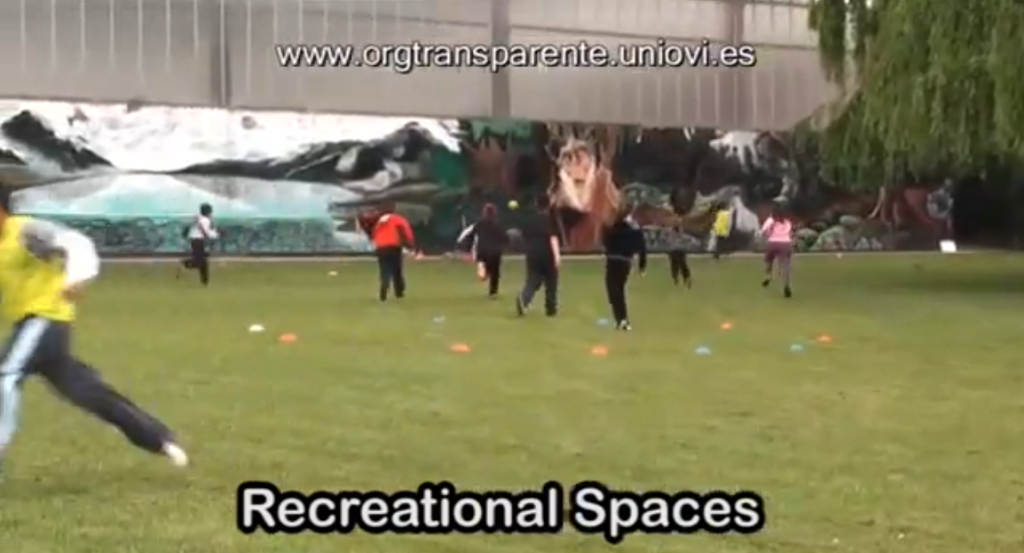
Recreational spaces
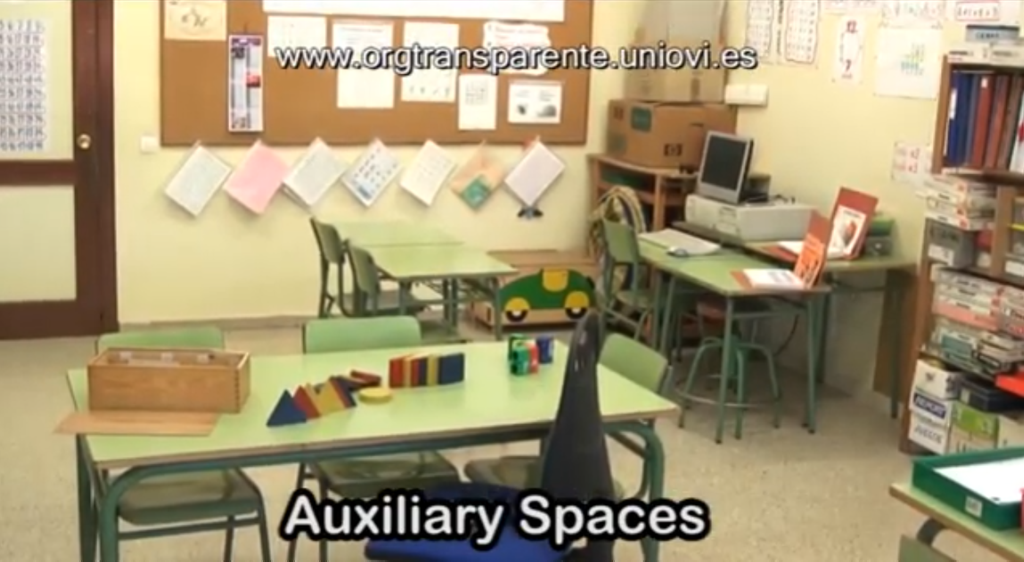
Auxiliary spaces
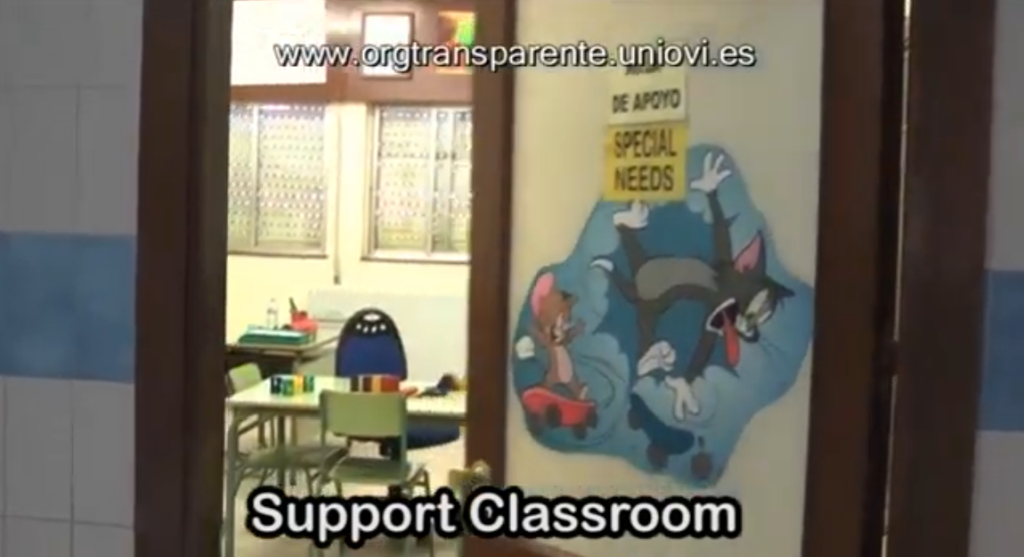
Support classroom
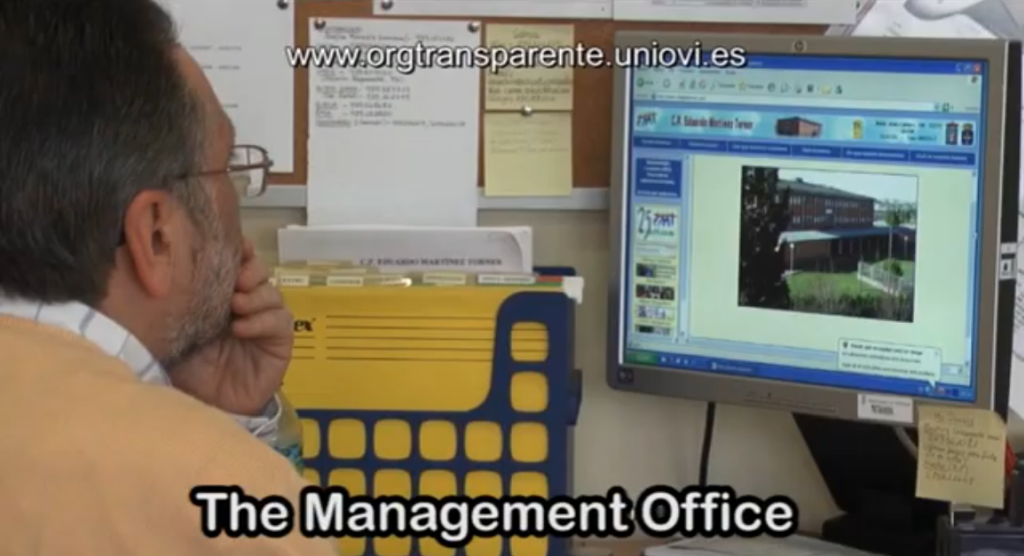
Headteacher's office
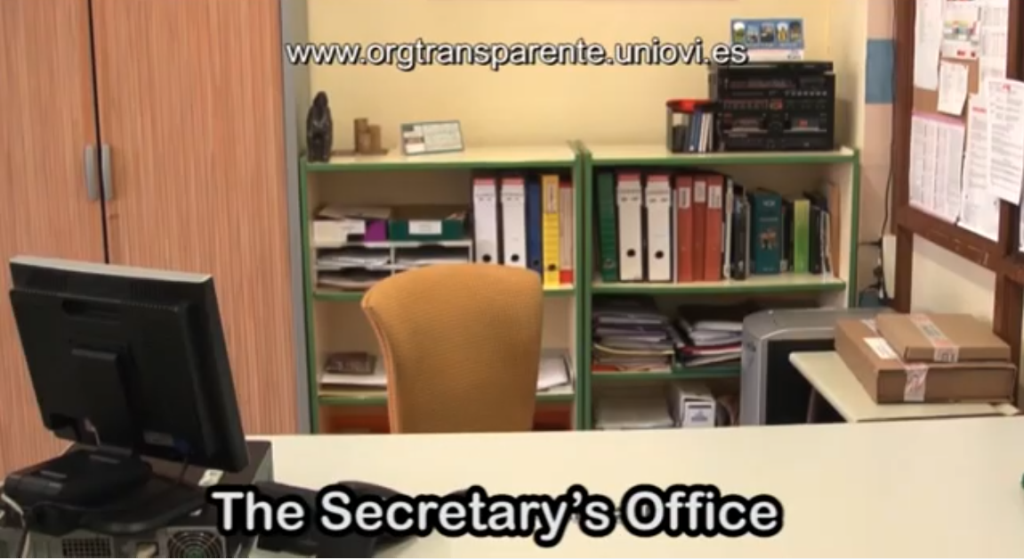
Secretary's office
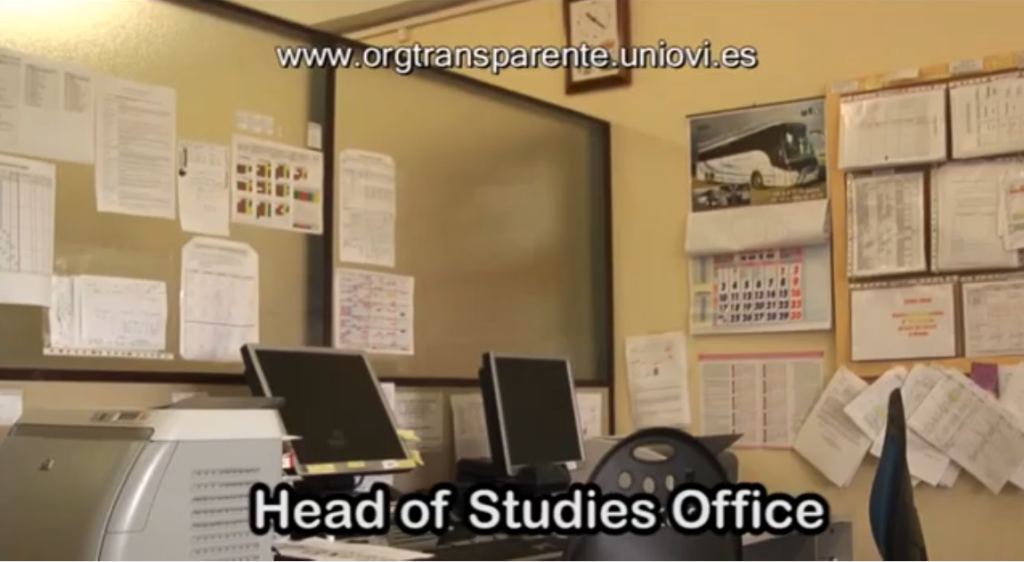
Deputy Head Teacher's office
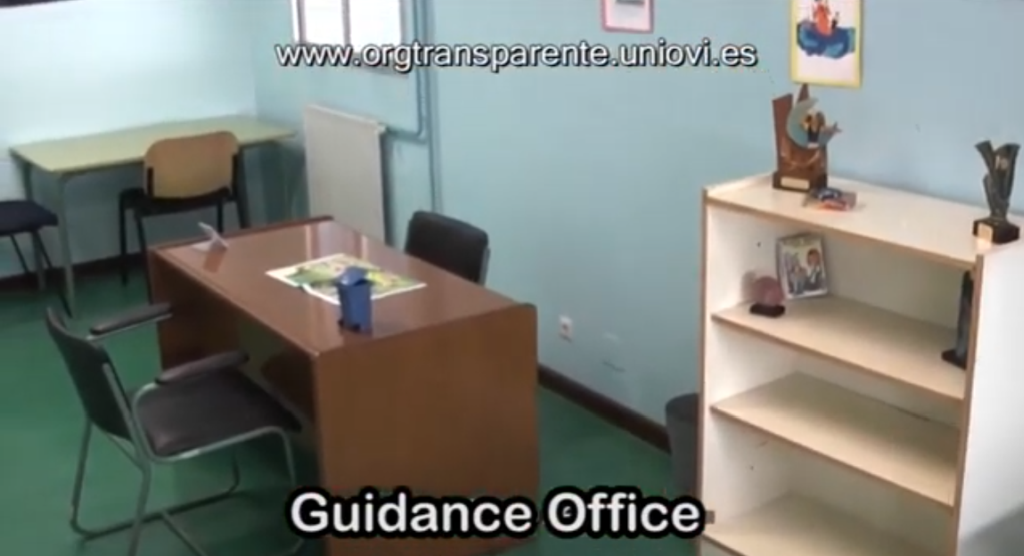
Educational guidance counselor's office
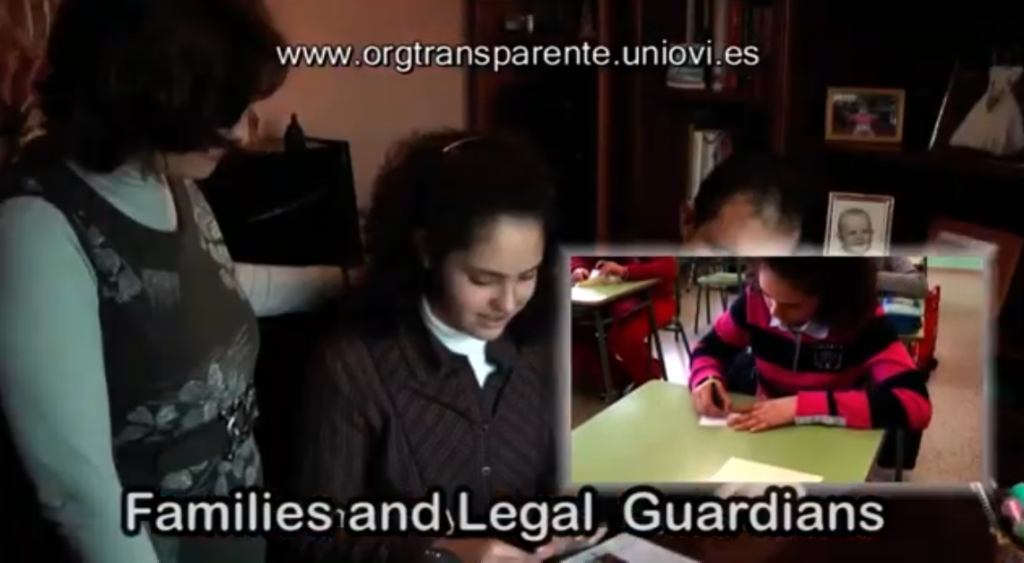
Families
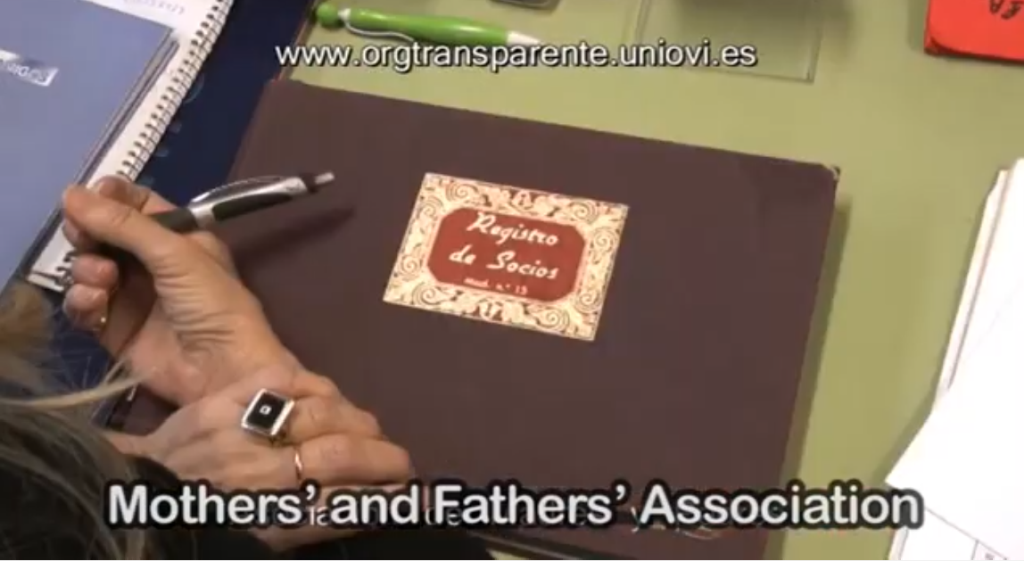
AMPA
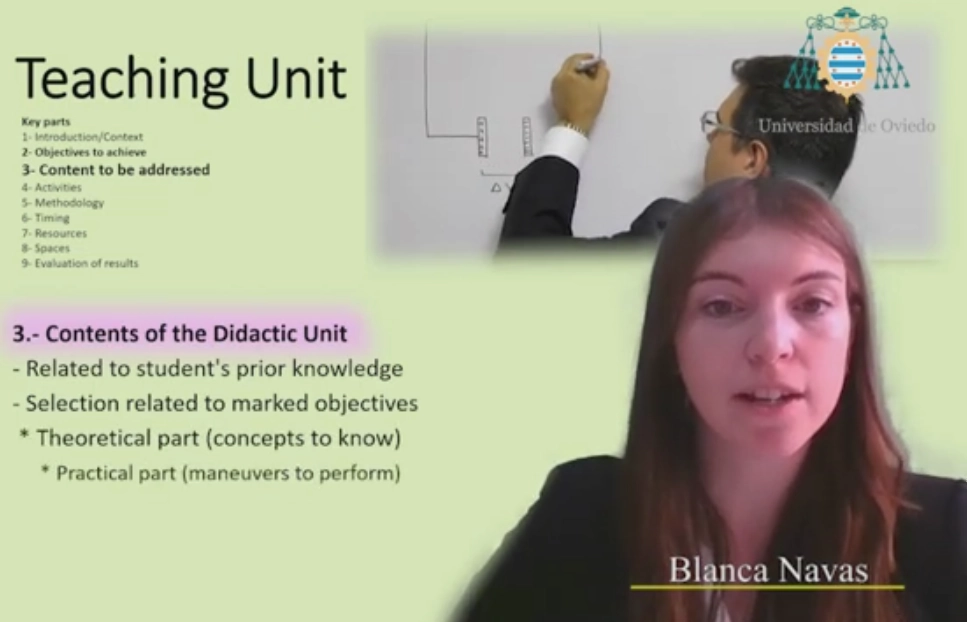
Didactic unit
-
Transparent Organizations
Transparent Organizations Presentation -
Generic student
Generic student body is the group of people, usually young, who, reunited by age and educational level, and without other distinction, learn a subject guided by their teacher in an institution where they study. -
Student group representative
Student group representative, is the student who during an academic year represents the rest of the educational group of which he / she is a part, there usually exists a delegate representative and a subdelegate. -
Specialist subject teacher
Specialist teacher is a teacher who is in charge of teaching specific contents, such as music, physical education, or the foreign language. -
Teacher tutor
Teacher tutor is the teacher who is responsible for the training of the students of a course and coordinates a certain group, as well as the teachers who work with that group and their families. -
Educational inspection
The inspector is in charge of the educational administration to monitor and advise on the activities that take place in schools. -
Specialist teacher in therapeutic pedagogy
Support teacher and specialist in Therapeutic Pedagogy or Special Education, is the teacher who gives individualized and specialized treatment according to the deficiencies and school needs of a student. -
Hearing specialist teacher
Speech Therapists and Physiotherapists are professionals who deal individually and specialized with communication problems and physical mobility problems, respectively, for a student. -
Guidance teacher
The Orientation Services arise from the public administration and come to the school regularly to advise both each student / who presents difficulties in their psychological and academic development as well as the teachers and families. -
Coordinator programme
LThe Programme Coordinators are teachers with management positions. In addition to the “classic” teaching management bodies, the introduction of new materials, methodologies and educational activities in the school forced the creation of these coordinating figures for their better exploitation and operation. -
Head Dean
The Director is the person responsible for directing and coordinating all the activities of his center, as well as serving as an intermediary between his educational community and the corresponding administration. -
Secretary
The secretary is the person in charge of managing the financial resources and carrying out the administrative procedures of the schools. -
Head of studies
The Head of Studies is the teacher in charge of managing the academic activity of the center and of controlling the activity of teaching and non-teaching staff. -
School Council
The School Council gathers a small group of people who coordinate the main school activities of the center. -
Teaching Staff
The Cloister brings together all the teachers of the center to discuss the management of the design, development and evaluation of the academic curriculum. -
Pedagogical Coordination Commission
The Pedagogical Coordination Commission (CCP) is an organ formed by the coordinators of each cycle, with the head of studies and the area counselor chaired by the director to deal with topics related to the curriculum. -
Teaching Meeting
The cycle and course teams group all the teachers who teach at the same level or group. These teachers meet periodically under the direction of a coordinator of that cycle or tutor of that group. -
Generic materials
Didactic materials, also called educational resources and teaching aids, are varied materials and tools that can be used in various subjects and that are used to aid learning. -
Specific materials
The specific resources of a subject are learning aid materials and tools that are usually used in a particular area or in a specific space such as a laboratory. -
ICT resources
ICT tools are educational resources based on new communication technologies and are used to aid in the acquisition of educational content. -
Library
The library is the space where books are managed, which are perhaps the most important learning aid materials. -
Generic classroom
Classrooms are spaces designed to host learning activities in the group of students of a certain course or level. -
Multimedia clasroom
The TIc classroom, also called the New Technologies and Multimedia classroom, is a space specially prepared to host resources that enable learning activities with computer and audiovisual tools. -
Music clasroom
The music classroom is a suitable space for practice with musical instruments aimed at understanding this language. -
Languaje clasroom
There are some schools with a specific classroom for learning foreign languages, also called a language laboratory, where specific educational resources are used to teach those languages. -
Concierge and reception
The reception, concierge and the premises of the bedeles, are places that serve for the first meeting and distribution of visitors in the center. -
Dinning room
Many schools have a school dining room. It is a complementary service regulated its operation by the local City Council. -
AMPA room
The Room of the Association of Parents is a place for the management of the activities of the Association of Parents. -
Multiporpose room
The multipurpose room is a school space, generally large, designed to host complementary learning activities of various origins such as conferences, screenings, plays, etc. -
Administration and Secretariat Offices
The Administration and Secretariat office is a space where the center's administration staff works. -
Gym
The gym is a large school space, duly provided with the necessary materials to carry out physical education activities. -
Teachers room
The teachers' lounge is the meeting and relaxation area for teachers for their rest periods between their classes. -
Recreational spaces
Recreation spaces are places for students to carry out recreational activities between classes. -
Auxiliary spaces
The auxiliary spaces are places of diverse utility: warehouse, waiting rooms for parents ... -
Support classroom
The support and therapeutic classrooms are specific spaces to receive and carry out more focused learning activities for students with educational needs. -
Headteacher's office
The management office is a room in which the director manages his responsibilities as the top manager of the educational center. -
Secretary's office
The secretary manages and stores in his office the administration documents, student and teacher management, and the financial accounts of the educational institution. -
Deputy Head Teacher's office
The Head of Studies manages academic activity and teaching staff from his office called the Head of Studies. -
Educational guidance counselor's office
The Guidance office serves to have a meeting in a quiet and collected environment with the family and the students. -
Families
Families and legal guardians are adults, relatives or not, representatives of each student and responsible for their food, schooling and conduct. The family is the child's first agent of socialization, and the school is the second. -
AMPA
The Association of Mothers and Fathers of Students (AMPA) represents the parents of the students before the center. -
Didactic unit
This educational video (15 minutes) shows how to make a didactic unit. It is presented by the Faculty of Teacher Training at the University of Oviedo (Spain) and is intended for teachers explaining how to set up a didactic unit correctly, whether at primary, secondary, vocational or any other level.
